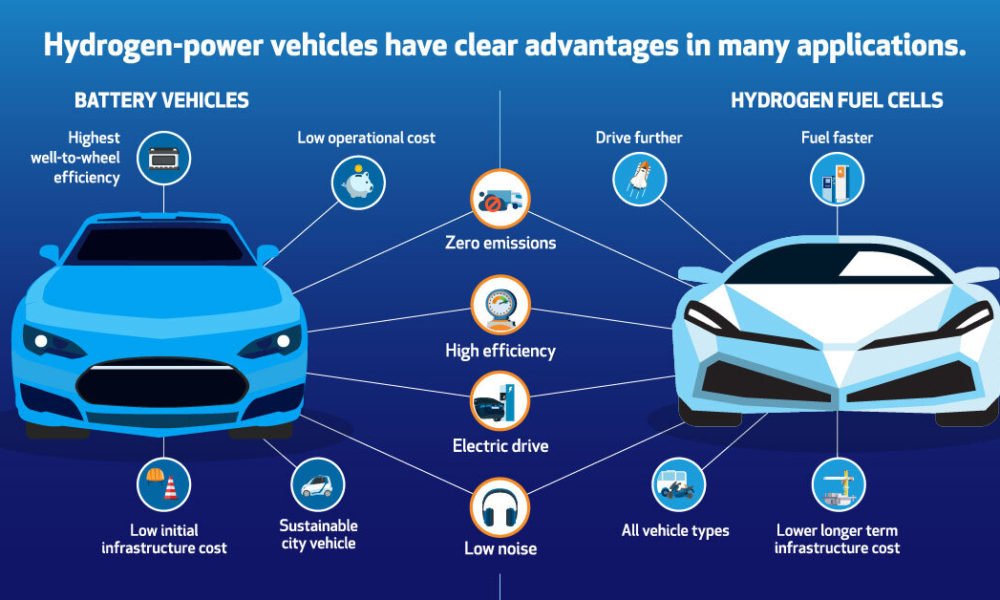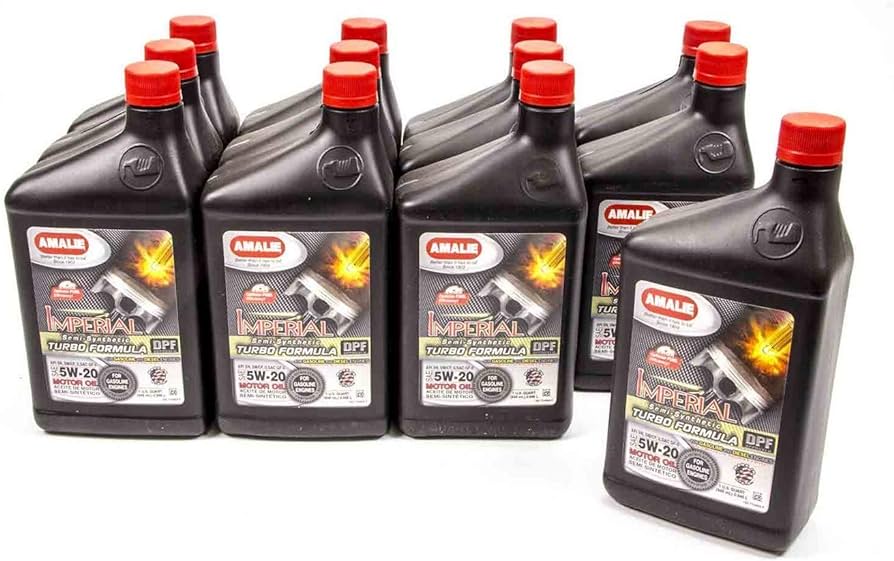E85 Fuel Efficiency: Boost Your Mileage Now!
E85 fuel efficiency varies depending on the vehicle and driving conditions, as ethanol has lower energy content compared to gasoline, resulting in decreased fuel economy. E85 fuel can cause engine corrosion and damage as it easily absorbs dirt, and it is also less economical and less readily available compared to gasoline. Flex fuel vehicles, also known as E85 vehicles, can run on either gasoline or ethanol blends, offering the flexibility to fill up with E85 fuel when available. However, it’s important to consider the potential drawbacks and additional costs associated with using E85 fuel. Understanding E85 Fuel Understanding E85 fuel can help maximize fuel efficiency. With its higher ethanol content, E85 offers potential cost savings and reduced greenhouse gas emissions. However, it may cause engine damage and is not widely available, so careful consideration is needed before using it. What Is E85 Fuel? E85 fuel is a type of fuel blend that consists of primarily ethanol and gasoline. The “E” in E85 stands for ethanol, while the “85” represents the ethanol content percentage in the fuel. Definition Of E85 Fuel E85 fuel is defined as a fuel blend containing 85% ethanol and 15% gasoline. It is commonly used as an alternative fuel for flex-fuel vehicles, which are designed to run on either regular gasoline or E85 fuel. Composition Of E85 Fuel The composition of E85 fuel consists of two main components: ethanol and gasoline. Ethanol is a renewable, plant-based alcohol produced from crops such as corn, sugarcane, or switchgrass. Gasoline, on the other hand, is a fossil fuel derived from petroleum. Ethanol Percentage In E85 Fuel The ethanol percentage in E85 fuel is 85%. This high ethanol content makes E85 fuel more environmentally friendly compared to gasoline, as ethanol is a renewable resource that produces fewer greenhouse gas emissions when burned. Gasoline Percentage In E85 Fuel The gasoline percentage in E85 fuel is 15%. This gasoline component is necessary for the proper functioning of the engine since ethanol has a lower energy content compared to gasoline. The gasoline helps to ensure that the engine receives the required energy and performs optimally. Benefits Of Using E85 Fuel Using E85 fuel offers several benefits, particularly in terms of fuel efficiency. E85, a blend of ethanol and gasoline, improves engine performance, reduces emissions, and can save you money at the pump. Its higher octane rating also improves engine power and acceleration. Increased Fuel Efficiency With E85 One of the significant benefits of using E85 fuel is the increased fuel efficiency it offers. E85 is a blend of ethanol and gasoline, with ethanol making up 85% of the mixture. Compared to traditional gasoline, E85 has a higher oxygen content, which allows for more complete combustion in the engine. This enhanced combustion process results in improved fuel efficiency, meaning your vehicle can travel more miles per gallon of fuel. With E85, you can enjoy longer drives without the constant need to refuel. How E85 Fuel Can Boost Your Mileage E85 fuel contains a higher octane rating compared to regular gasoline, making it a suitable choice for vehicles that can take advantage of higher compression ratios. If your vehicle is specifically designed or modified to run on E85, you can expect an increase in mileage over traditional gasoline. Cost Savings With E85 Fuel Utilizing E85 fuel in your vehicle can also lead to cost savings. While the price of E85 fuel may vary depending on location and market conditions, it is often available at a lower cost per gallon compared to gasoline, making it a cost-effective option for budget-conscious individuals. Comparing The Cost Of E85 Fuel To Gasoline When comparing the cost of E85 fuel to gasoline, it’s essential to consider the fuel economy as well. While E85 may have a lower price per gallon, it typically provides lower fuel efficiency compared to gasoline on a per-mile basis. You’ll need to evaluate your vehicle’s mileage and fuel economy to determine which option is more cost-effective for your individual circumstances. Environmental Benefits Of Using E85 Fuel Using E85 fuel also offers numerous environmental benefits. Let’s explore two of the most significant advantages: Reduced Greenhouse Gas Emissions One of the key environmental benefits of E85 fuel is its ability to reduce greenhouse gas emissions. E85 is a renewable resource derived from plants, such as corn, sugar cane, or switchgrass. These crops absorb carbon dioxide during growth, offsetting the emissions released when the fuel is burned. By using E85, you contribute to a cleaner environment and help combat climate change. Renewable Resource Another environmental advantage of E85 fuel is its renewable nature. Unlike fossil fuels, which are finite and contribute to resource depletion, E85 is made from renewable plant sources. The availability of these resources ensures a sustainable fuel supply for future generations. Disadvantages Of Using E85 Fuel Using E85 fuel can have several disadvantages when it comes to fuel efficiency. Ethanol, the main component in E85, is not as economical as gasoline and can result in lower mileage. Additionally, finding E85 fuel stations can be more challenging compared to regular gasoline. Lack Of Availability Of E85 Fuel One of the key disadvantages of using E85 fuel is its limited availability. Unlike regular gasoline, E85 can be difficult to find, especially in certain geographical regions. This lack of availability makes it inconvenient for consumers who may have vehicles capable of running on this fuel blend but struggle to find a nearby E85 fueling station. Challenges In Finding E85 Fueling Stations Even if you are lucky enough to live in an area where E85 fuel is available, finding a nearby fueling station can still be a challenge. E85 stations are not as common as regular gasoline stations, and this can be a significant inconvenience for drivers who are dependent on this fuel blend. It often requires more planning and a dedicated effort to locate a suitable fueling station. Compatibility Issues With Non-flex Fuel Vehicles E85 fuel is specifically designed for flex fuel vehicles, which are capable of running on




